
ESSENTIAL
AFRICAN AMERICAN
 WISDOM
WISDOM 
Edited by
Carol Kelly-Gangi

Compilation 2009 by Carol Kelly-Gangi
All rights reserved. No part of this publication may be reproduced, stored in a retrieval system, or transmitted, in any form or by any means, electronic, mechanical, photocopying, recording, or otherwise, without prior written permission from the publisher.
Book design by Lundquist Design, New York
Fall River Press
387 ParkAvenue
New York, NY 10016
Sterling eBook ISBN: 978-1-4351-3305-1
To John and Emily with love.
Contents


T HE FIRST AFRICAN SLAVES were brought to American shores in the early 1600s. By the time of the 1860 census, the number of African American slaves had reached four million. Clearly, the contributions of African Americans to the fledgling nation were immense. Yet, it was not until 1926 that there was any official recognition of African American history. Dr. Carter G. Woodson, the Harvard-educated scholar and son of former slaves, is responsible for what began as Negro History Week, which he initiated in an effort to bring a national spotlight to the contributions of African Americans. Up until that point, African Americans had been virtually ignored in U.S. history books, or if they were included at all, it was with a negative and racist slant. In 1976, Woodsons commemoration was extended to a month and designated as Black History Month.
Though it is not possible to pigeonhole the importance of African American history into the confines of a single month, the larger issue may be, as Morgan Freeman has stated, Black history is American history. To help illustrate that point, Essential African American Wisdom gathers more than 350 quotations from an extraordinary group of men and women who have shaped our country in immeasurable ways from colonial times up to the present day. In an effort to capture a rich array of African American voices, there are contributors from many walks of life. There are excerpts from scholars and writers; politicians and religious leaders; sports figures and entertainers; artists and educators.
While there are some universal themes that inevitably emerge, such as the struggle for equality; the enduring obstacle of racism; the quest for knowledge; and the love of family; the excerpts are as individual as the contributors themselves. In the selections that follow, Frederick Douglass exposes the hypocrisy of Independence Day amidst the horrors of slavery; Harriet Tubman vividly recalls her first moments of freedom; and Rosa Parks reflects on her contribution to the Civil Rights Movement. Then theres Louis Armstrong who wryly sums up the meaning of jazz; Alice Walkers take on the secret to a happy marriage; and Colin Powells challenge to students to find strength in diversity. In a dialogue that ebbs and flows across the boundaries of time and place, the contributors also exchange views on such subjects as the meaning of love; the role of religion; the need for reform; and the pitfalls of success.
With a richness and eloquence that speaks to the human condition first and foremost, Essential African American Wisdom is also a living testament to the African American men and women who continue to leave an indelible mark on our nations history in every area of endeavor.
Carol Kelly-Gangi
Rumson, New Jersey, 2009

A tale of woe with tones loud, long, and deep; they breathed the prayers and complaints of souls boiling over with the bitterest anguish. Every tone was a testimony against slavery, and a prayer to God for deliverance from chains.
Frederick Douglass, Life and Times of
Frederick Douglass, 1881

For every hundred of us who survived the terrible journey across the Atlantic... four hundred of us perished. During three hundred yearsthe seventeenth, eighteenth, and nineteenth centuriesmore than 100,000,000 of us were torn from our African homes.
Richard Wright, 12 Million Black Voices, 1941

Because God is not dead slavery can only end in blood.
Sojourner Truth, Narrative of the Life
of Sojourner Truth, 1850

The rule on the place was: Wake up the slaves at daylight, begin work when they can see, and quit work when they cant see.
Peter Clifton, South Carolina, from slave
narratives compiled by WPA, 1930s

Slavery is terrible for men; but it is far more terrible for women. Super-added to the burdens common to all, they have wrongs and sufferings and mortifications peculiarly their own.
Harriet Jacobs, Incidents in the Life of
a Slave Girl, 1861

For Gods sake, dont be catch with pencil and paper. That was a major crime. You might as well had killed your marster or missus.
Elijah Green, South Carolina, from
slave narratives compiled by WPA, 1930s
You never knew what it is to be a slave; to be entirely unprotected by law or custom; to have the laws reduce you to the condition of a chattel, entirely subject to the will of another. You never exhausted your ingenuity in avoiding the snares, and eluding the power of a hated tyrant; you never shuddered at the sound of his footsteps, and trembled within hearing of his voice.
Harriet Jacobs, Incidents in the Life of
a Slave Girl, 1861

I dont know how we live, yet we is.
Ann Perry, South Carolina, from slave
narratives compiled by WPA, 1930s

You have seen how a man was made a slave; you shall see how a slave was made a man.
Frederick Douglass, Narrative of the Life
of Frederick Douglass, 1845

I could never be of any service to anyone as a slave.
Nat Turner, Confessions of Nat Turner,
November 5, 1831
No man can put a chain about the ankle of his fellow man without at last finding the other end fastened about his own neck.
Frederick Douglass, speech at Civil Rights
Mass Meeting, Washington, D.C.,
October 22, 1883

What, to the American slave, is your Fourth of July? I answer: A day that reveals to him, more than all other days in the year, the gross injustice and cruelty to which he is the constant victim. To him your celebration is a sham.
Next page
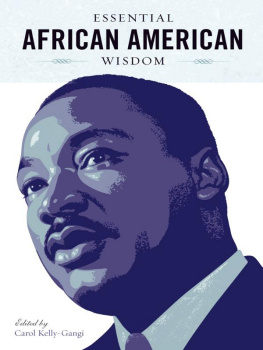

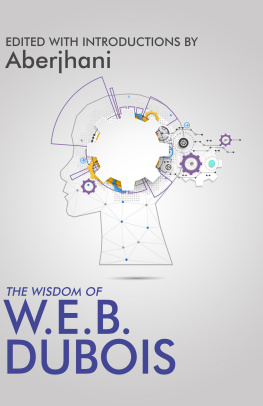
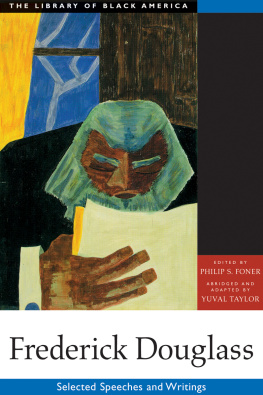
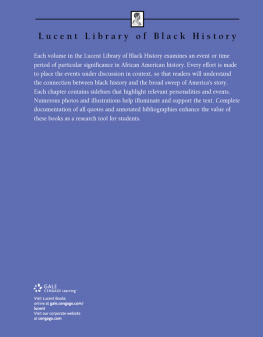

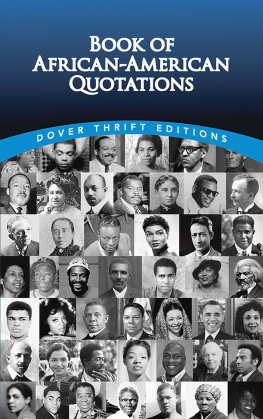
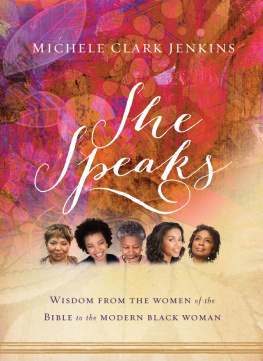


 WISDOM
WISDOM 











